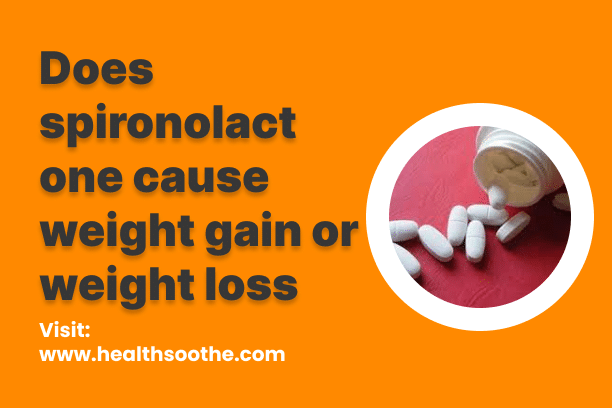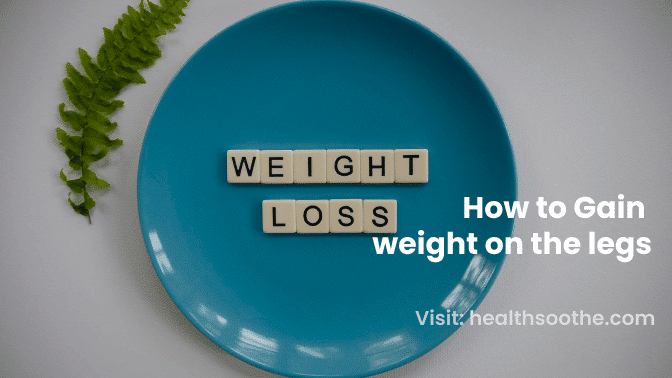Spironolactone is a prescribed medication employed for the treatment of specific individuals experiencing hyperaldosteronism, characterized by an excessive production of aldosterone, a naturally occurring hormone. It is also administered to patients with low potassium levels, heart failure, and those suffering from edema (fluid retention) resulting from various conditions such as liver or kidney disease.
Additionally, it is utilized either independently or in conjunction with other drugs to manage high blood pressure. Classified as an aldosterone receptor antagonist, spironolactone induces the kidneys to expel unnecessary water and sodium through urine while minimizing the loss of potassium from the body.
How spironolactone is used
Spironolactone is available in tablet and suspension (liquid; Carospir) forms for oral administration, typically taken once or twice daily. The spironolactone suspension should be taken consistently, with or without food, at the same time(s) every day. Adhere to the instructions on your prescription label meticulously, and seek clarification from your doctor or pharmacist on any aspects you find unclear. Take spironolactone precisely as directed, avoiding deviations in dosage or frequency from your doctor's recommendations.
Ensure the oral suspension is well-shaken before each use to ensure even distribution of the medication.
Your doctor may initiate treatment with a low spironolactone dose, adjusting it gradually.
It's important to note that spironolactone tablets and suspension have distinct release mechanisms in the body and are not interchangeable. Stick to the specific spironolactone product prescribed by your doctor, and do not switch to an alternative unless advised by your doctor.
Spironolactone effectively manages conditions like high blood pressure, edema, heart failure, and hyperaldosteronism, but it does not provide a cure. The full effects of spironolactone may take approximately 2 weeks or more to manifest. It's crucial to continue the medication even if you start feeling well. Do not discontinue spironolactone without consulting your doctor.
Does spironolactone cause weight gain?
No, spironolactone does not induce weight gain; on the contrary, it facilitates the elimination of excess fluid, potentially leading to weight loss.
Research has demonstrated that spironolactone improves glucose and lipid metabolism by addressing hepatic steatosis and inflammation, and it suppresses enhanced gluconeogenesis caused by high-fat and high-fructose diets.
Gluconeogenesis is the metabolic pathway converting non-glucose sources into glucose for energy, a crucial process. However, it can hinder fat loss, muscle gain, and ketone burning.
What are the other potential side effects of spironolactone?
Spironolactone may cause drowsiness, and individuals taking it should avoid activities requiring alertness until they understand its impact.
Common side effects may include:
- Diarrhea and abdominal cramping
- Dizziness
- Drowsiness
- Headache
- Elevated potassium levels
- Irregular menstrual cycles or postmenopausal bleeding
- Itching
- Leg cramps
- Nausea and vomiting
Mild effects may resolve within days or weeks, but if they persist or worsen, consult your doctor or pharmacist.
Serious side effects include:
- Allergic reactions (rash, hives, fever, trouble breathing, swelling)
- Electrolyte and/or fluid problems (dry mouth, extreme thirst, weakness, fast heart rate, dizziness, inability to urinate)
- Dangerously high potassium levels (muscle weakness, inability to move limbs, extreme tiredness, tingling or numbness in hands or feet, slow heart rate)
- Breast enlargement (gynecomastia) in both males and females
- Severe skin reactions (redness, blistering, peeling, or loosening of skin, including inside the mouth)
Seek immediate medical attention if experiencing serious side effects or if symptoms are potentially life-threatening.
Read Also: zetia medicine side effects
Pros and Cons of Spironolactone
Pros of Spironolactone
- Treatment of Hyperaldosteronism
- Heart Failure Management
- Blood Pressure Regulation
- Edema Control
Cons of Spironolactone
- Diuretic Side Effects
- Not Suitable for Everyone
- Hormonal Side Effects
Differences Between Spironolactone and Doxycycline
Spironolactone
Primarily used to treat conditions such as hyperaldosteronism (excessive aldosterone production), heart failure, high blood pressure, and hormonal issues like acne and excessive hair growth in women.
Doxycycline
An antibiotic used to treat various bacterial infections, including respiratory tract infections, urinary tract infections, acne, Lyme disease, and certain sexually transmitted infections.
Alternative to Spironolactone
For High Blood Pressure (Hypertension)
- ACE Inhibitors (e.g., enalapril, lisinopril)
- Angiotensin II Receptor Blockers (ARBs) (e.g., losartan, valsartan)
- Calcium Channel Blockers (e.g., amlodipine, diltiazem)
Does Spironolactone Cause Weight Loss?
As emphasized, it's crucial to clarify that spironolactone is not intended or prescribed as a weight loss drug. There is a lack of medical studies, even those with questionable rigor, supporting the use of spironolactone for weight loss.
Any association between spironolactone and weight changes is linked to its diuretic properties, which can lead to a reduction in water retention. This may result in temporary, slight weight loss. It's important to note that this weight loss is not characterized as healthy or sustainable.
Addressing weight concerns, body dysmorphia, and appearance-related issues is complex, and it's essential to approach these matters with sensitivity. Spironolactone is not a recommended or reliable method for achieving lasting changes in weight. If weight loss is a goal, pursuing alternative, more sustainable approaches is advisable.
In summary, while spironolactone may have a minor and temporary impact on weight due to its diuretic nature, it is not a recommended or effective solution for long-term weight loss. Individuals seeking to manage their weight should explore healthier and more sustainable avenues under the guidance of healthcare professionals.



